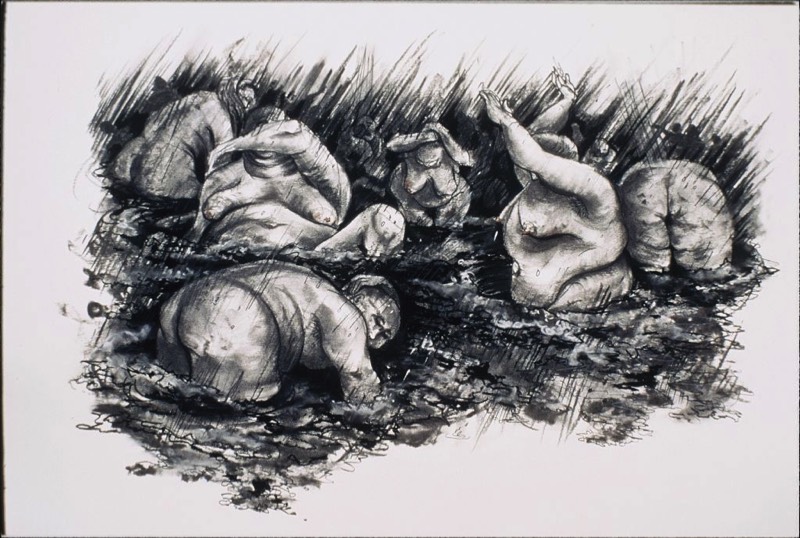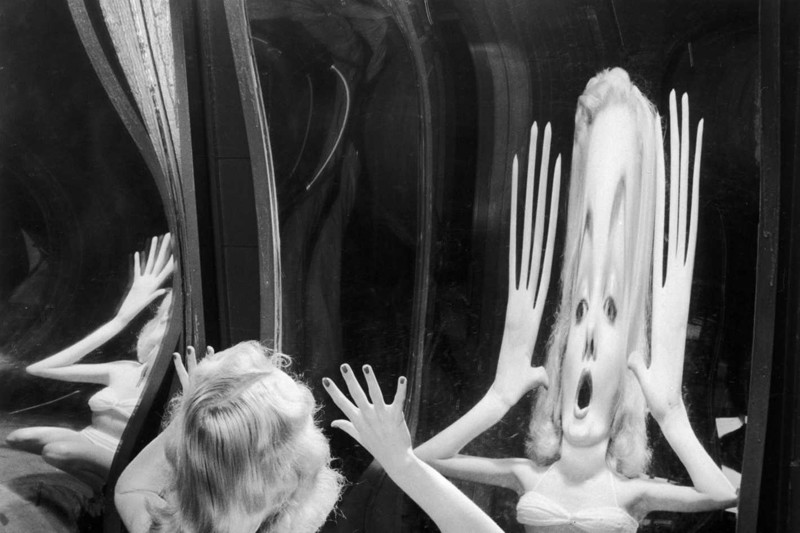
As someone once said, everyone has an angle, so it's a fair enough question to ask what our angle is.
In 325 AD a conference of bishops, many of whom carried in their bodies the scars of persecution, met in a small town called Nicaea in what is now northern Turkey. They slowly hammered out a visionary statement that described what the early Christians believed - a whole new way of looking at the world based around the belief that God the Creator had entered the world in the person of a Jewish teacher, Jesus of Nazareth.
That document, commonly known as the Nicene Creed, is the one Creed that is accepted and used across the entire Christian Church, so it’s good enough for us.
Our conviction, however, is that this framework, rather than closing down thinking, opens up a much more expansive and energising space for thought and acting than secular visions can offer.
For example, the Nicene Creed also describes God as the maker of all things, 'seen and unseen', picking up a phrase St Paul had written three hundred years before. We thought that summed up pretty well what we're about - we're interested in the Seen - what we all know and talk about all the time - economics, politics, society, law, the arts, the planet and its future - but also the Unseen realities that make sense of the seen - the mysterious, the numinous, the reality of the spiritual realm, the kingdom of heaven.
This Christian framework is not one that can be simply tacked onto a secular mindset but is a different way of viewing the world. Therefore, our aim is not to debate with those who don't share our faith as to who can prove their case, but to do our best to describe the world as Christians (of many kinds and perspectives) see it. Our task on this website is not to answer simplistic questions with simplistic answers, but to ask ourselves and others: what do politics, economics, the arts, technology, biology, leisure, geography, housing - in other words everything - look like in the light of the coming of Jesus into the world. And if we can do that well, we can be both a window and mirror to the societies we live in.
We believe there is wisdom in the two thousand years of Christian reflection on what it means to be human, and what it means to be good - on God, nature, community, work, and everything else - wisdom that has been discarded too quickly in western societies. We also think that the rapid discarding of Christian faith, and the failure to replace it with any kind of convincing common story is a disaster for our culture, leaving it open to fragmentation and culture warfare. Not that we’re advocating a return to Christendom - the Church made too many mistakes for misty-eyed nostalgia about that. But we do think Christian faith has the intellectual and spiritual depth to help renew and revive cultures today. Whether it does or not is beyond our pay-grade. Our job is just to tell the story as best we can.
Christians think a great deal about their faith and the cultures in which they live. Yet much of that wisdom is locked up inside long books that few people read. We want to make that wisdom accessible to a much wider audience. So, what you'll find here is material that is thoughtful, accessible to non-specialists, the fruit of deep thinking both about the Christian tradition and contemporary life, and can help you not only think more clearly, but live a better life.
We may critique ideas, but will try not to attack people. We want to be generous, curious, confident about the faith, open to criticism and new ideas, intelligent, accessible, and patient. We don't want to be competitive, aggressive, reactive, fearful, or closed-minded.
Read our articles. Listen to our podcasts. Expand your thinking. Feed and satisfy your curiosity. Discover a world that is greater, more full of meaning and sense than you ever imagined.







